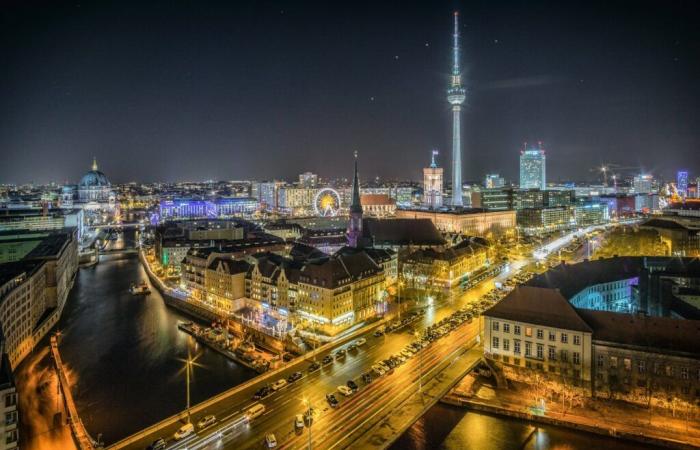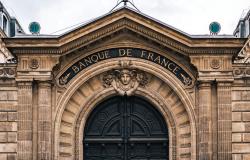– Advertisement –
On Tuesday, several international voices, including those from the United Kingdom and Germany, called for a immediate cessation of hostilities between Israel and Hezbollah in Lebanon, stressing that only a ceasefire could restore security for civilians on both sides of the border.
UK urges immediate truce
The British Prime Minister, Keir Starmerthrough his spokesperson, insisted on the urgency of a ceasefire. “We urge all parties to engage in efforts to achieve a ceasefire and, indeed, long-term sustainable peace in the Middle East”he told the press. London stressed that the protection of civiliansboth in Lebanon and in Israel, should remain a top priority.
Germany evokes diplomatic progress
For her part, the German Minister of Foreign Affairs, Annalena Baerbockexpressed optimism that a ceasefire agreement was “within reach”. According to her, the direct efforts of United States and France in mediation brought the parties closer to a compromise. She also stressed that this truce could pave the way for a lasting political solution based on UN Resolution 1701which aims to ensure stability in southern Lebanon.
The role of Resolution 1701
Adopted in 2006 after the war between Israel and Hezbollah, the Resolution 1701 recommends:
- The withdrawal of Israeli forces from Lebanon.
- Disarmament of all non-state militiasincluding Hezbollah.
- The deployment of the Lebanese army and UNIFIL (United Nations Interim Force in Lebanon) in border areas to guarantee security.
A ceasefire based on this resolution could help establish a framework for political negotiations, although full implementation of these measures remains a major challenge.
Franco-American mediation: a fragile hope
THE United States and France are playing a key role in the current discussions, seeking to defuse a situation that threatens to escalate into a wider regional conflict.
– Advertisement –
France






